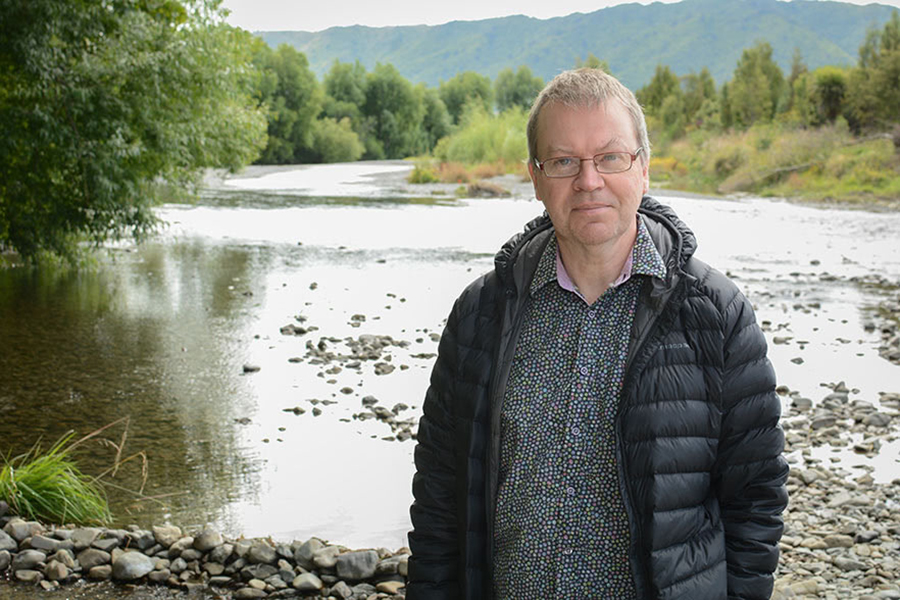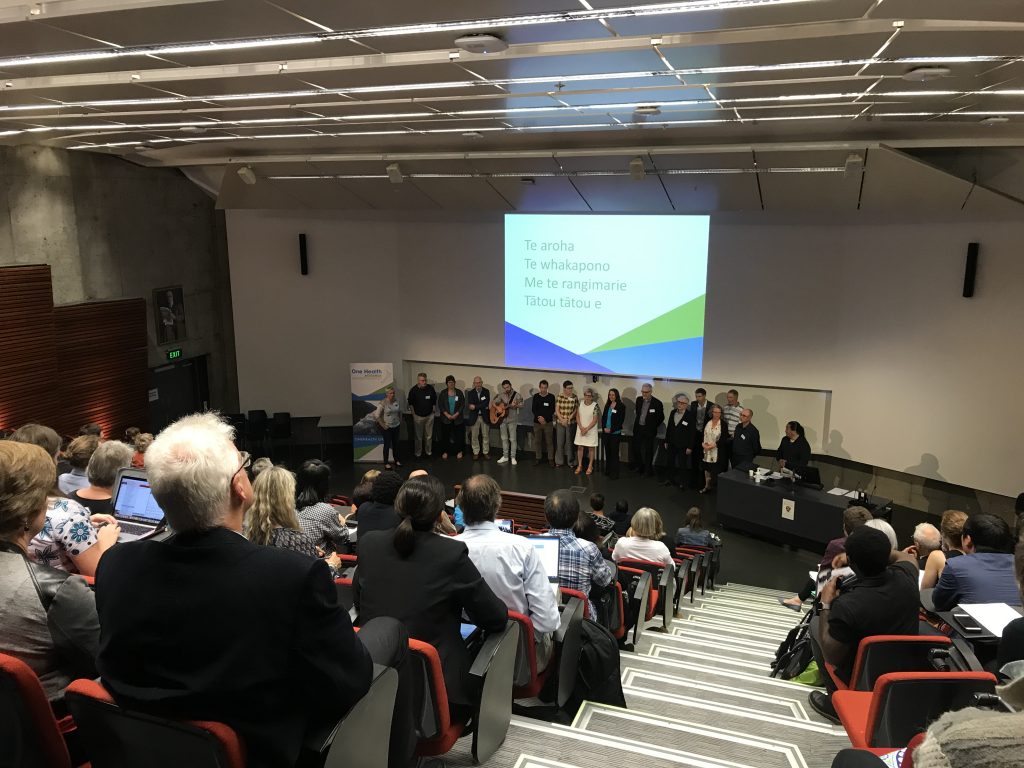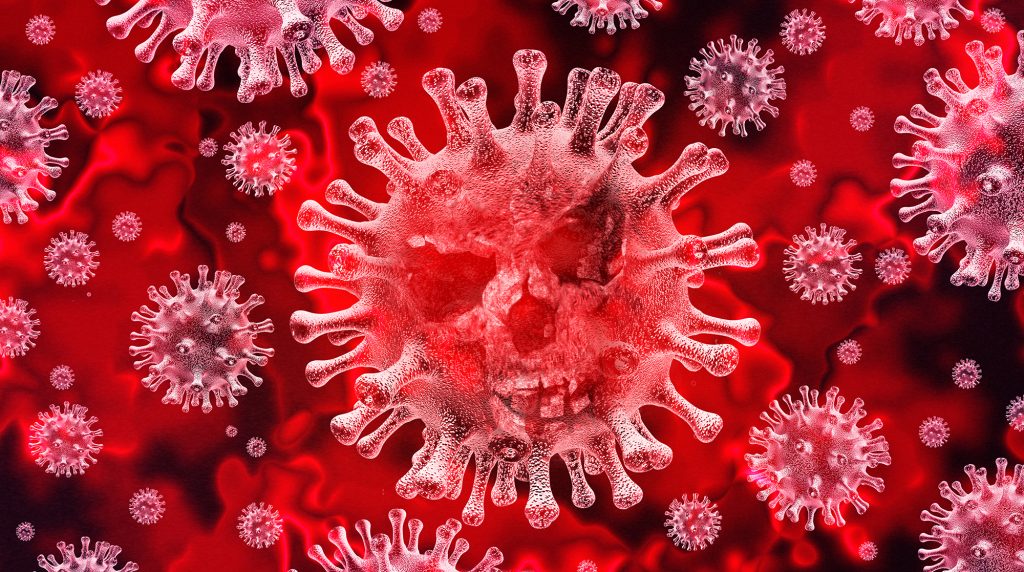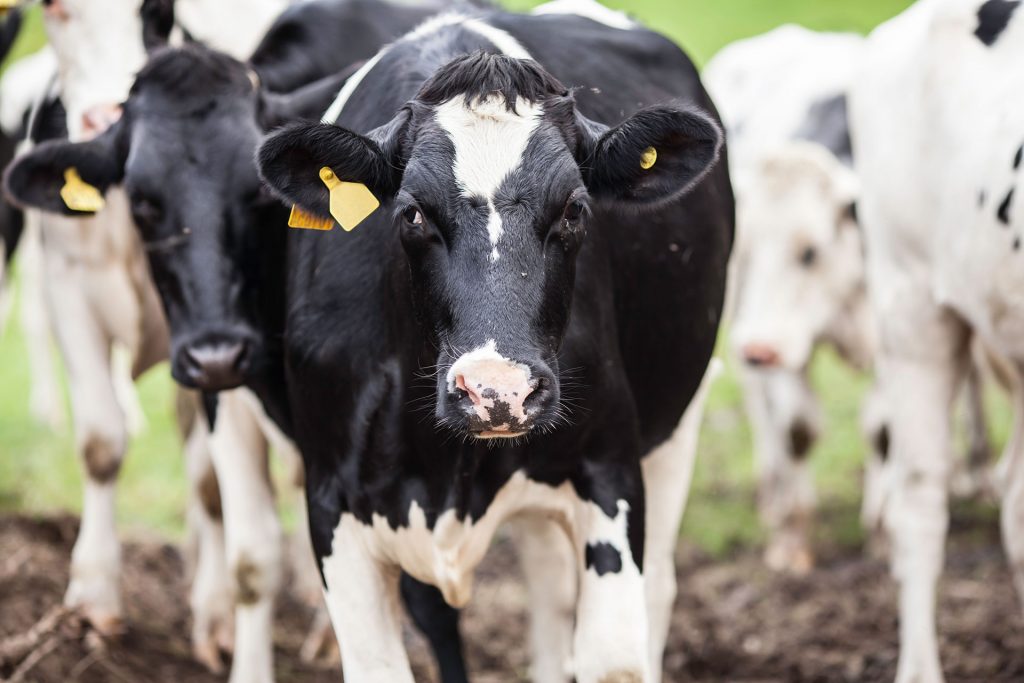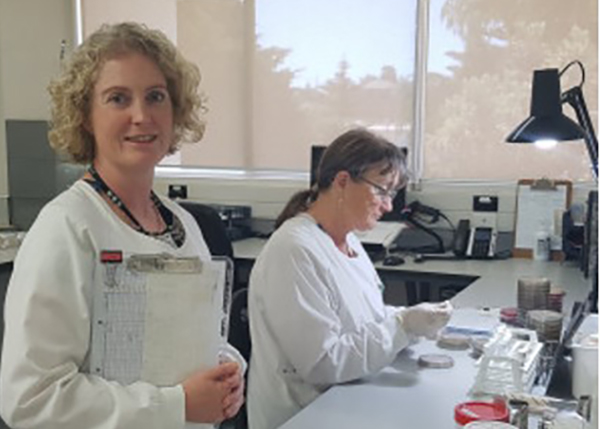Posts by user
Investigators from Kiwi science alliance tackling COVID-19 with new research projects
A global pandemic like COVID-19 was a matter of ‘when not if’ according to a diverse group of Kiwi scientists who formed an alliance almost a decade ago in anticipation for such an eventuality. Many of the group – called One Health Aotearoa – are playing key roles in recently-announced Government-funded COVID-19 research projects, such…
Read MoreConnecting the dots
A $1.2 million Health Research Council funded research project at the University of Otago, Wellington will study the effect of climate change on patterns of heavy rainfall and drought in New Zealand and its impact on the health of our drinking water. The three-year project, led by OHA investigator Associate Professor Simon Hales from the…
Read MoreOne Health Aotearoa Summer 2020 Newsletter
Our Summer 2020 news letter contains selected links to OHA investigators in the media discussing COVID-19, a review of our 5th annual symposium in December 2019, OHA’s publication in the One Health Outlook journal, and an update on our CoRE application. View the One Health Aotearoa Summer 2020 newsletter.
Read MoreNew Zealanders need to work together in preparation for likely COVID-19 pandemic
The likelihood of New Zealand remaining coronavirus-free is low and the country should be preparing for a pandemic, the Co-directors of One Health Aotearoa warn. Currently there are no cases of coronavirus disease (now referred to as COVID-19) in New Zealand. However, in an editorial in today’s issue of the New Zealand Medical Journal (NZMJ),…
Read MoreOne Health Outlook publication for OHA
The One Health Aotearoa Management Group had a paper published in the open access journal One Health Outlook last month entitled, One Health Aotearoa: a transdisciplinary initiative to improve human, animal and environmental health in New Zealand. This perspective piece outlines the OHA story thus far and how a transdisciplinary approach is particularly pertinent to the situation…
Read MoreReview of the fifth OHA Symposium
Our 5th One Health Aotearoa Symposium was held at the University of Otago Wellington on 10-11 December 2019, and brought together researchers of diverse backgrounds to discuss infectious diseases and other health hazards affecting humans, animals and the environment. A focus of One Health Aotearoa is to break down silos and barriers to facilitate trans-disciplinary research.…
Read MoreArticle: Hawke’s Bay people most at risk from potentially deadly ‘dairy farm fever’
OHA investigator Shahista Nisa from Massey University’s Infectious Diseases Research Centre (IDReC) has been in a New Zealand Herald article on leptospirosis. Dr Nisa is currently leading a study to investigate the emerging sources and pathways for leptospirosis, with the aim to measure the severity of the disease in New Zealanders, how long it lasts…
Read MoreDNA tracers for water contamination tracking
Tracking the sources of freshwater contamination will soon be a lot quicker and more accurate with the completion of successful field trials of a new DNA-based tracer technology. A team led by ESR scientist Dr Liping Pang has developed DNA tracers that have undergone successful field trials in groundwater, surface water and soil. Dr Pang,…
Read MoreArticle: Three monumental challenges to our health
One Health Aotearoa Co-director Professor David Murdoch has written an article for Newsroom about the One Health Aotearoa alliance and our research priorities to tackle complex health challenges in New Zealand, including the overuse of antibiotics, threats to freshwater quality and emerging infectious diseases. Read the article: Three monumental challenges to our health
Read MoreSuper bug incidence on the rise in NZ
This week is the World Health Organisation’s Antibiotic Resistance Awareness Week,and it’s a good opportunity to think about the impact of ‘super bugs’ on the health of New Zealand communities. ESR tracks many microorganisms and one particularly nasty family of super bugs is currently showing an increase. Super bugs are typically resistant to nearly all…
Read More
